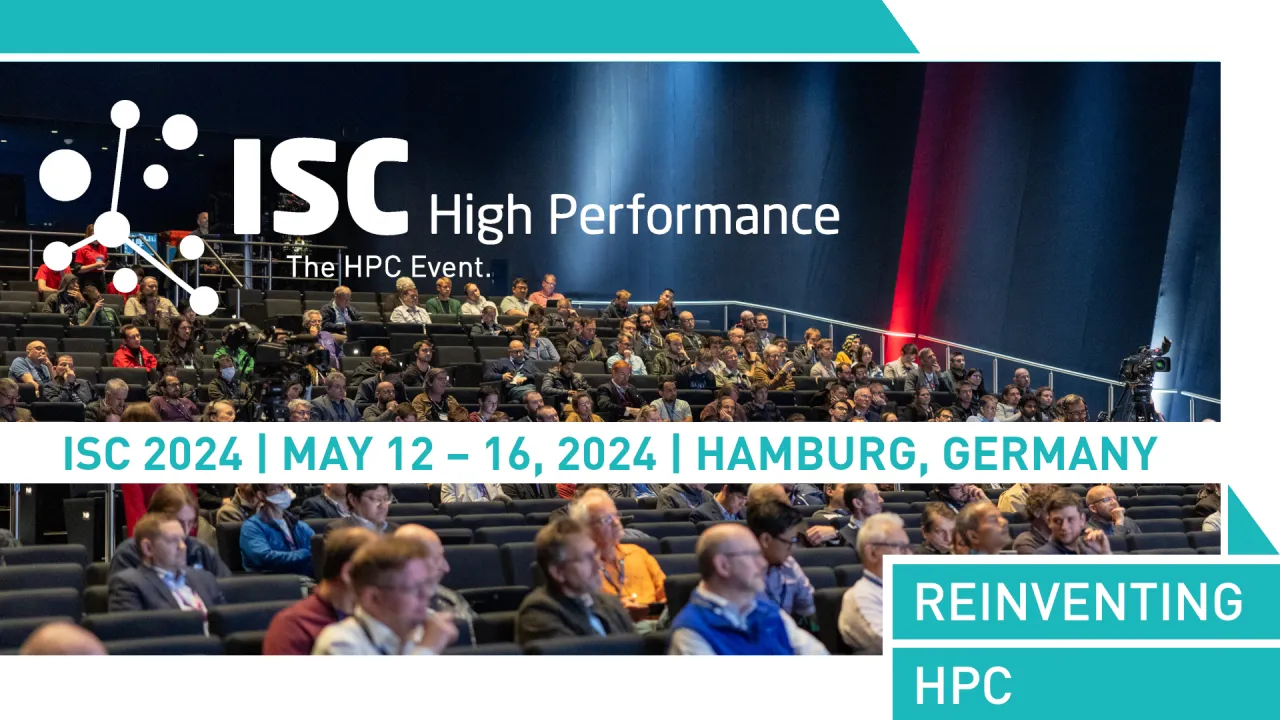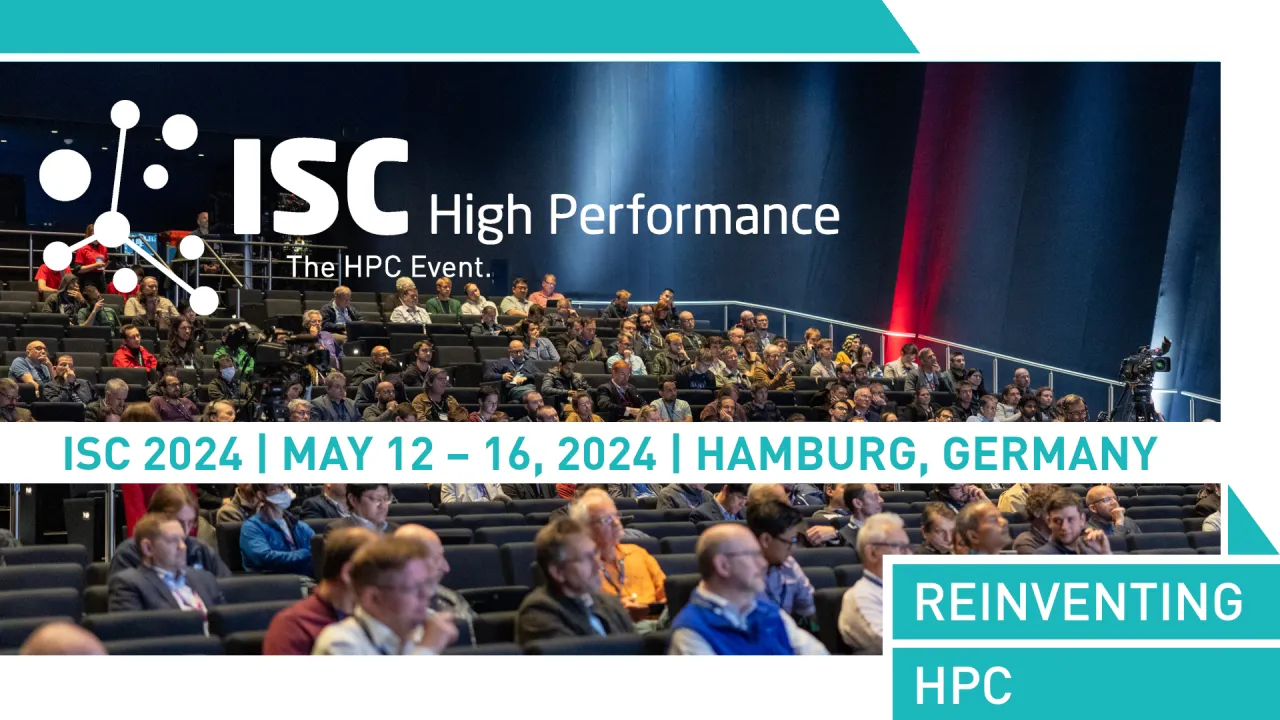

Transfer Work, not Power – Exploit Federation to use Greener and More Affordable Energy for HPC
Wednesday, May 15, 2024 1:00 PM to 2:00 PM · 1 hr. (Europe/Berlin)
Hall E - 2nd floor
Birds of a Feather
Energy ManagementHPC in the Cloud and HPC ContainersResource Management and SchedulingSustainability and Energy Efficiency
Information
To make HPC affordable and eco-friendly, maximizing use of cheap, sustainable electricity is key. To provide expected user services and amortise capital costs, it is customary to operate supercomputers 24x7 year-round, regardless of the actual energy prices and regional meteorological conditions. The latter impact HPC operation in two ways: higher temperatures lead to higher energy requirements for cooling, and the supply and prices of regional sustainable solar, wind and water energy depend on the actual weather conditions.
The European HPC centers are distributed over a wide geographic area – meteorological conditions and availability and prices for regional sustainable electricity will vary significantly between them at most times. Instead of using electricity transmitted over huge distances (with all the resulting losses), HPC centers could instead move load between themselves to maximize utilization at places with high supply of sustainable energy and low energy prices. This requires an effective and efficient compute and data federation solution. Since EuroHPC JU is funding significant activities and requests the eventual roll-out of a compute federation middleware, and the European Commission funds data federation work, this precondition looks achievable.
The BoF will explore this idea of “move work, not power” in a discussion between experts from HPC centres, system and application SW developers, and the audience: gauging achievable benefits, balancing the total cost of over-provisioning vs. reduced operational energy footprint, comparing to “simple” off-shoring to northern locations, sketching technical requirements for data transfer and system architecture and software.
Contributors:
Contributors:
Format
On-site
Targeted Audience
The session targets HPC centres and service providers, developers of system software, and scientific and industrial HPC users. All will be able to contribute and drive the exploration of the ” move work, not power” idea forward.



